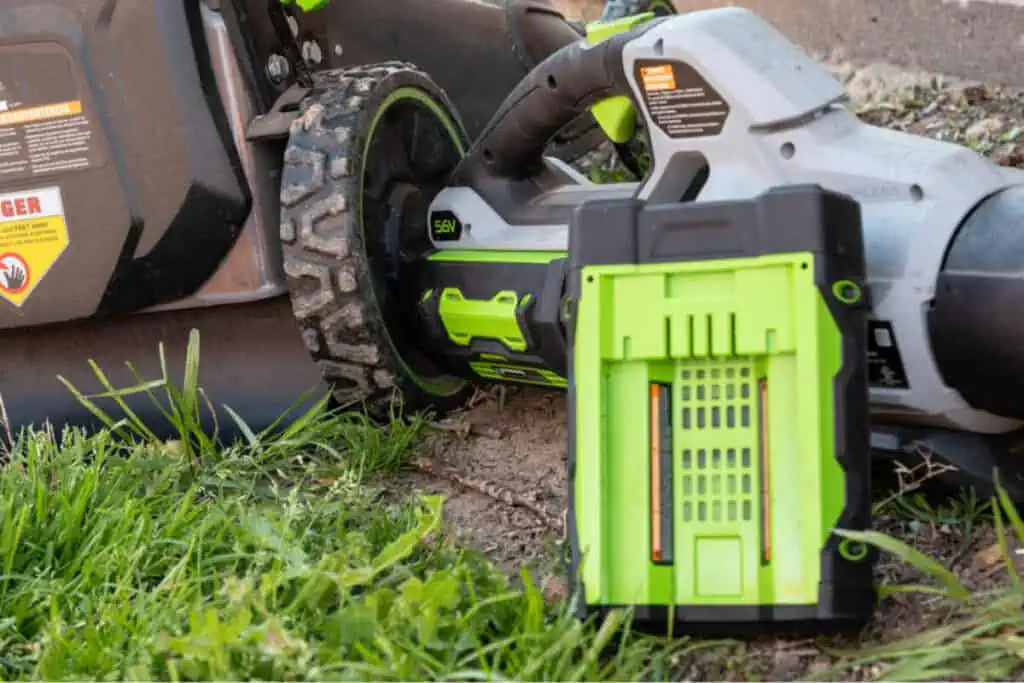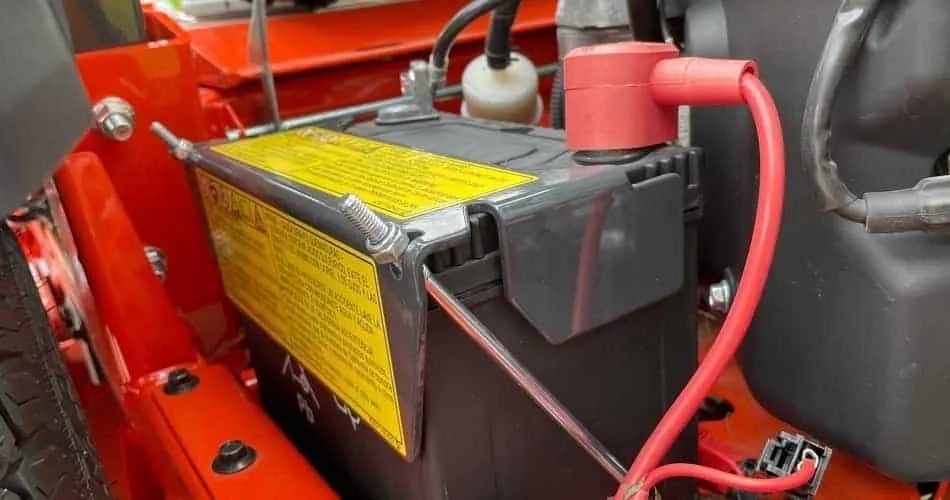Let’s face it; an elegant lawn is the heartfelt desire of anybody who owns one. A beautiful lawn not only adds color to your property’s landscape but also makes you the envy of the entire community.
But these perks are impossible without a lawn mower. There is no fantastic lawn without the initial work of an efficient lawn mower. A classic lawn is not developed overnight; it results from constant yard maintenance through tools such as a lawn mower.
Lawnmowers are greatly loved for their efficiency, and one of the questions from most users is if a lawn mower can be overcharged. If you are one of the users with this question, this is one of the most informative guides you will read today.
Can You Overcharge a Lawn Mower Battery?
If you are leaving a winter season, the occasion may require that you get your battery charged because cold-prolonged storage tends to lead to total battery discharge.
Lawnmowers are like cars and trucks; insufficient battery charging could attenuate the battery life and easily deaden it. The short answer is an emphatic yes. You can overcharge your lawn mower battery and destroy it if it is left connected for a while – and most people make this mistake.
Unless your charger is built to shut out of power automatically, it will always overcharge and lead to an overheating of the battery, damaging and reducing its lifespan.
What happens when you Overcharge a lawn mower battery?
Generally, when lead batteries overcharge, there is corrosion of the cathodes, heightened water consumption, and a spike in the battery’s internal temperature.

At best, you will get nothing short of a reduced battery capacity and a shorter lifespan. And at worst, it could instigate thermal dispersal – a situation where the current coursing through the cells or the battery being charged raises the cell’s temperature.
This leaves the current temperature at an increased level. You should also be aware that, once overcharged, there are tendencies for lead-acid batteries to emit toxic gases, and the same holds for lithium-ion batteries.
If your lawn mower comes with a lithium-ion battery, understand that leaving it to charge for a long while can develop unstable conditions in the interior and excessive pressure accumulation coupled with issues such as thermal runaway results from the overcharge.
Note that this not only has the potential to damage cells but can also result in an explosion.
How to know when a battery is overcharged
If, after you have left the battery to charge for a long while, you discover a bulge in the battery case – whether true or warped- it means only one thing: gradually becoming overcharged.
A really strong smell is another way to know when a battery is getting overcharged. If the battery scalds on touch and battery acid leaks on top (for lead-acid batteries), it also means that the battery is getting overcharged.
Preventing the battery of your lawn mower from overcharging can be a Herculean task, but it does not have to be. People buy chargers that they expect to serve them and their lawnmowers, but that is counterproductive for the mower and the owner.
But don’t worry; there are a handful of other ways to prevent your battery from getting overcharged. In this section, you have a hands-on array of hacks to spare your mower’s battery the unnecessary stress of getting overcharged.
Tips to Keep Your Battery from Getting Overcharged

1. Charge with the Right Charger
To prevent the battery of your lawn mower from getting overcharged, you need to start using the correct charger. The charger you use to charge your lawn mower must correspond with the battery for the AH rating output and the voltage.
To keep your battery from getting overcharged, you also want to ensure that the charger you use comes with a built-in prevention mechanism to forestall the tendencies of overcharging. Thankfully, most modern chargers come with this system. And if yours does not, there is no cause for alarm, upgrade to a matching charger.
2. Develop an Overcharge Prevention Circuit
Another thing you can do to prevent the issue of battery overcharging is to build an overcharge protection circuit that you can combine with your current battery charger. Of course, you should know that this only works if you are familiar with electronic circuits.
3. Get a Battery Tender
A battery tender can also be your best bet to prevent your lawn mower battery from getting overcharged!
Here’s how it works: After your mower’s battery charges to full, it automatically transitions to float mode to retain the right voltage levels, preventing the battery from getting overcharged.
One other merit of a battery tender is that it charges in 4 different steps: Initialization, Bulk Charge, Absorption, and Float Mode, little wonder the battery is better optimized.
The damages that follow an overcharged lawn mower battery are serious and can also be widespread in that they could result in an explosion if left unattended for a long time. This is why you do not want to leave things to chance and should adhere to the proper measures – a couple of which we have spelled out in this content.






